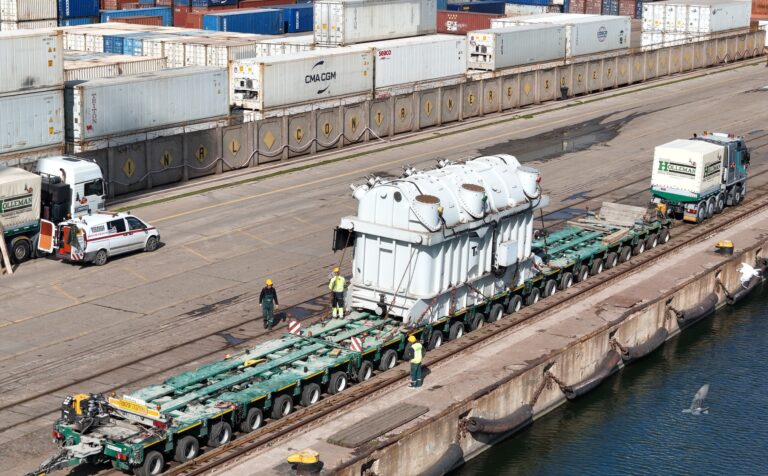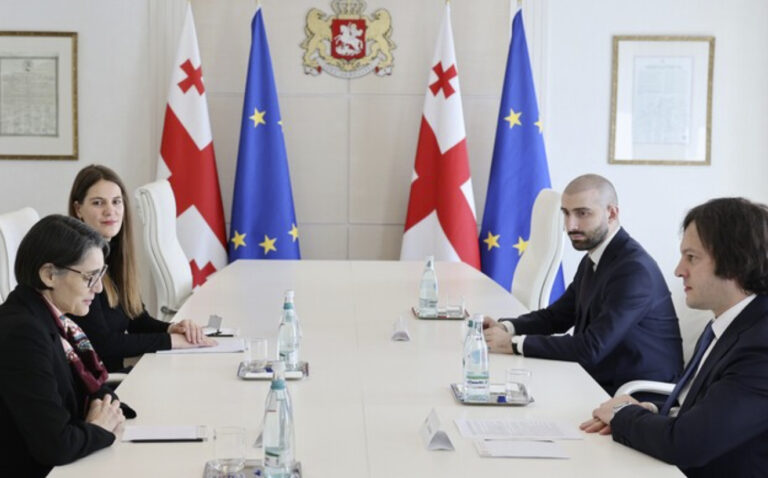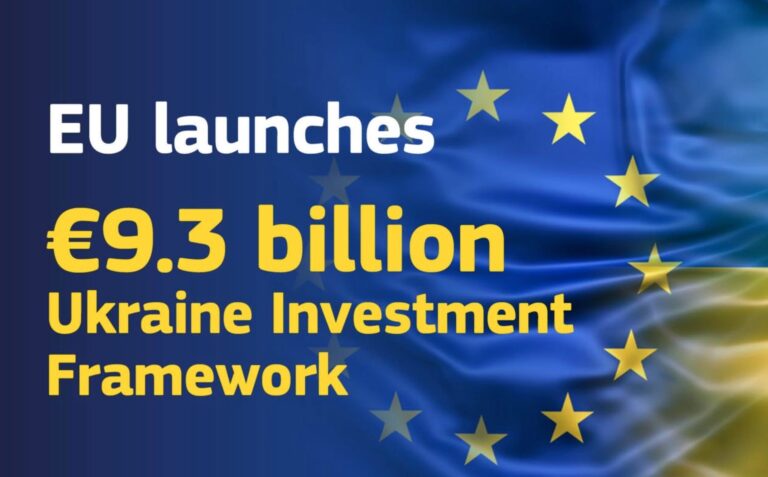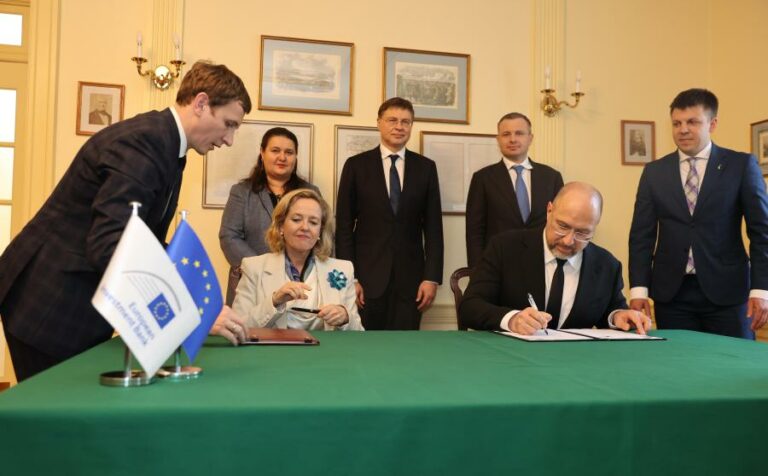
Energy Community study: the causes of energy poverty and policies for its mitigation
The Energy Community Secretariat has published a study on addressing energy poverty in the Energy Community Contracting Parties, reviewing among others the situation in Georgia, Moldova and Ukraine.
The study estimates the number of energy poor households in each country, analyses the legal frameworks for the protection of vulnerable and energy poor consumers, and investigates the main drivers and causes of energy poverty.
It found that the definitions of vulnerable customers in all Contracting Parties are closely related to social (income) and health status. Other aspects of energy poverty, such as the energy efficiency of homes, gender and energy needs, are not considered. This means that not all energy poor households are getting the support they need.
The analysis revealed that in trying to protect vulnerable consumers, most countries implement only income support measures which reduce the burden of energy poverty only temporarily without removing its main causes. The Secretariat recommends paying more attention to energy efficiency measures, which are “deemed to be the most effective instruments to combat energy poverty as they result in improved living conditions as well as reduced energy demand and thus expenditure”.
Due to the lack of accurate data or data confidentiality, the study was able to accurately estimate the number of energy poor households only in four Contracting Parties, including Ukraine (13-18%) and partially Georgia (up to 24.6%). For Moldova, the study recommends improving the statistical policies to allow for data collection to measure the extent of energy poverty.
Find out more
MOST READ
SEE ALSO

EU Civil Protection Mechanism delivers powerful transformer to Ukraine

Voice Your Vision: Young European Ambassadors take part in European Forum of Young Leaders in Warsaw

Recently appointed Head of EU Monitoring Mission meets with Georgian Prime Minister

Investments for recovery: EU sets up Investment Framework under its Ukraine Facility

EIB and Ukraine Government to accelerate deployment of financial support and project execution on the ground
More campaign pages:
Interested in the latest news and opportunities?
This website is managed by the EU-funded Regional Communication Programme for the Eastern Neighbourhood ('EU NEIGHBOURS east’), which complements and supports the communication of the Delegations of the European Union in the Eastern partner countries, and works under the guidance of the European Commission’s Directorate-General for Neighbourhood Policy and Enlargement Negotiations, and the European External Action Service. EU NEIGHBOURS east is implemented by a GOPA PACE-led consortium. It is part of the larger Neighbourhood Communication Programme (2020-2024) for the EU's Eastern and Southern Neighbourhood, which also includes 'EU NEIGHBOURS south’ project that runs the EU Neighbours portal.

The information on this site is subject to a Disclaimer and Protection of personal data. © European Union,







